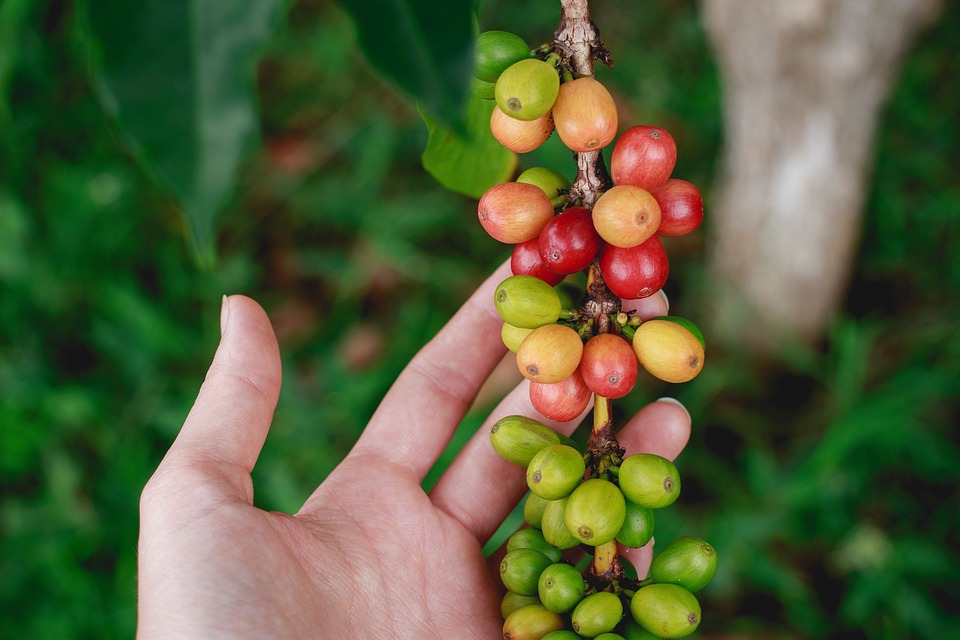The Benefits of Sustainable Gardening and How to Get Started
When I first started living off the grid, sustainable farming and gardening became a passion of mine. Not only does it provide a sense of self-sufficiency, but it also allows me to live in harmony with nature. The benefits of sustainable gardening are countless, from the positive impact it has on the environment to the healthy, homegrown produce it provides. If you’re interested in delving into the world of sustainable gardening and reaping its numerous benefits, then keep reading for some tips and tricks to get started.
Sustainable gardening refers to a method of gardening that aims to have minimal impact on the environment and utilizes natural resources in an efficient manner. Unlike conventional gardening methods, sustainable gardening prioritizes organic and natural practices, with a heavy emphasis on recycling, resource conservation, and environmental responsibility.
The benefits of sustainable gardening are vast and far-reaching, making it an attractive option for both seasoned gardeners and those new to the practice.
1. Environmental Impact
One of the most notable benefits of sustainable gardening is its positive impact on the environment. By utilizing organic and natural methods, sustainable gardening helps to preserve and protect the delicate ecosystem of the earth. With practices such as composting, water conservation, and natural pest control, sustainable gardening reduces the need for harmful chemicals and minimizes waste.
2. Health Benefits
Incorporating homegrown, organic produce into your diet can have a significant impact on your health. By growing your own fruits and vegetables, you can ensure that they are free from harmful pesticides and chemicals. In addition, sustainable gardening encourages physical activity, as tending to a garden requires regular movement and exercise.
3. Cost-Effectiveness
Sustainable gardening can also save you money in the long run. By growing your own produce, you can significantly reduce your grocery bills and expenses. Additionally, practices such as composting and water conservation can help minimize waste and lower utility costs.
4. Sense of Achievement
There is an undeniable sense of achievement that comes with growing your own food. The process of nurturing and tending to a garden from seed to harvest is incredibly rewarding, providing a sense of accomplishment and satisfaction that is hard to replicate.
Now that you’re aware of the numerous benefits of sustainable gardening, you may be wondering how to get started. Here are some tips to help you begin your journey towards sustainable gardening:
1. Start Small
If you’re new to gardening, it’s best to start small and gradually expand your garden as you gain experience and confidence. Select a few easy-to-grow, low-maintenance plants to begin with, such as tomatoes, lettuce, or herbs. As you become more comfortable with sustainable gardening practices, you can start to incorporate a wider variety of plants.
2. Utilize Natural Resources
In sustainable gardening, the goal is to utilize natural resources such as sunlight, water, and compost to their fullest potential. Choose a location for your garden that receives adequate sunlight throughout the day and has access to a water source. Additionally, consider implementing a rainwater collection system to reduce your reliance on municipal water sources.
3. Composting
Composting is a key component of sustainable gardening, as it helps to reduce waste and enrich the soil. Start a compost pile in your backyard using organic materials such as kitchen scraps, yard waste, and other biodegradable items. Over time, the compost will break down into nutrient-rich soil that can be used to fertilize your garden.
4. Natural Pest Control
Instead of relying on harmful chemicals to control pests, opt for natural pest control methods such as companion planting, insect-repelling herbs, and physical barriers. By incorporating these practices, you can effectively manage pests without compromising the health of your garden or the environment.
5. Continuous Learning
Sustainable gardening is an ongoing learning process, and there is always room for improvement and experimentation. Stay informed about the latest sustainable gardening practices and techniques, and be open to trying new methods to enhance the sustainability of your garden.
Pro Tips from the Article:
– When starting your sustainable garden, choose plants that are well-suited to your local climate and soil conditions to ensure optimal growth and success.
– Consider joining a community garden or local gardening group to connect with other like-minded individuals and gain valuable insights and tips from experienced gardeners.
In conclusion, the benefits of sustainable gardening are boundless, and its positive impact on the environment and personal well-being makes it an attractive and fulfilling practice. By starting small, utilizing natural resources, and implementing sustainable gardening practices, you can embark on a journey towards self-sufficiency and environmental responsibility. Whether you’re a seasoned gardener or new to the world of gardening, sustainable gardening offers a wealth of rewards that are well worth the effort. So, roll up your sleeves, grab your gardening tools, and get ready to experience the joys of sustainable gardening firsthand.



